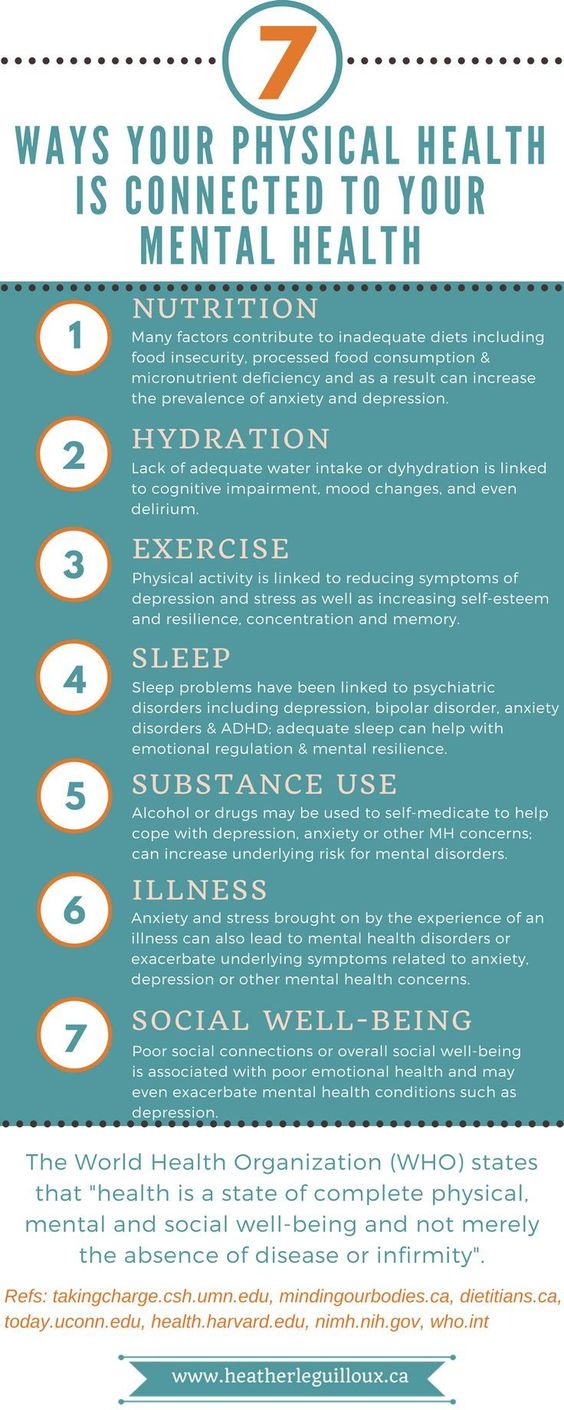The month of May is Mental Health Awareness Month in the United States. This is a great time to acknowledge, however, that struggles with mental health are universal and there is little to no understanding in certain countries without the proper education.
From The World Health Organization: “One in four people in the world will be affected by mental or neurological disorders at some point in their lives. Around 450 million people currently suffer from such conditions, placing mental disorders among the leading causes of ill-health and disability worldwide.”
Just like we care about tending to people’s physical health, we want to create awareness of mental health issues as well. I remember visiting DR Congo and going around a roundabout in the city. On the roundabout was a woman who was running around and yelling hysterically. She was there daily and seemed out of control. After several days of watching this behavior and watching everyone around avoid this woman, I asked the taxi driver what was going on. He replied that she had a demon in her and that no one wanted to be around that. Though I don’t know what was truly wrong with this woman, I believe it goes back to mental health, and it was apparent no one who saw her had any understanding of what she was going through. She would never receive the help she needs. The cycle continues for many people in other countries who struggle with their mental health, and they never do receive help.
One of the biggest targets for mental health problems is the poor. The World Health Organization says, “The poor often bear the greater burden of mental disorders, both in terms of the risk in having a mental disorder and the lack of access to treatment. Constant exposure to severely stressful events, dangerous living conditions, exploitation, and poor health in general all contribute to the greater vulnerability of the poor. The lack of access to affordable treatment makes the course of the illness more severe and debilitating, leading to a vicious circle of poverty and mental health disorders that is rarely broken.”
The more knowledge people and countries overall have of mental health, the more they can provide support and proper care. But how can we spread awareness and education if we do not cross the borders and go where we are needed? This is why mission’s trips are so important. We can teach and attempt to treat mental health issues while we are on the ground and train others to pick up where we left off.
We believe mental health is just as important as physical health, so how can we work towards strengthening mental health in ourselves and those around us? The World Health Organization gives us seven physical things to focus on that are directly related to our mental health.

Thank you for your support as we work towards supporting healthier minds all around the world.


